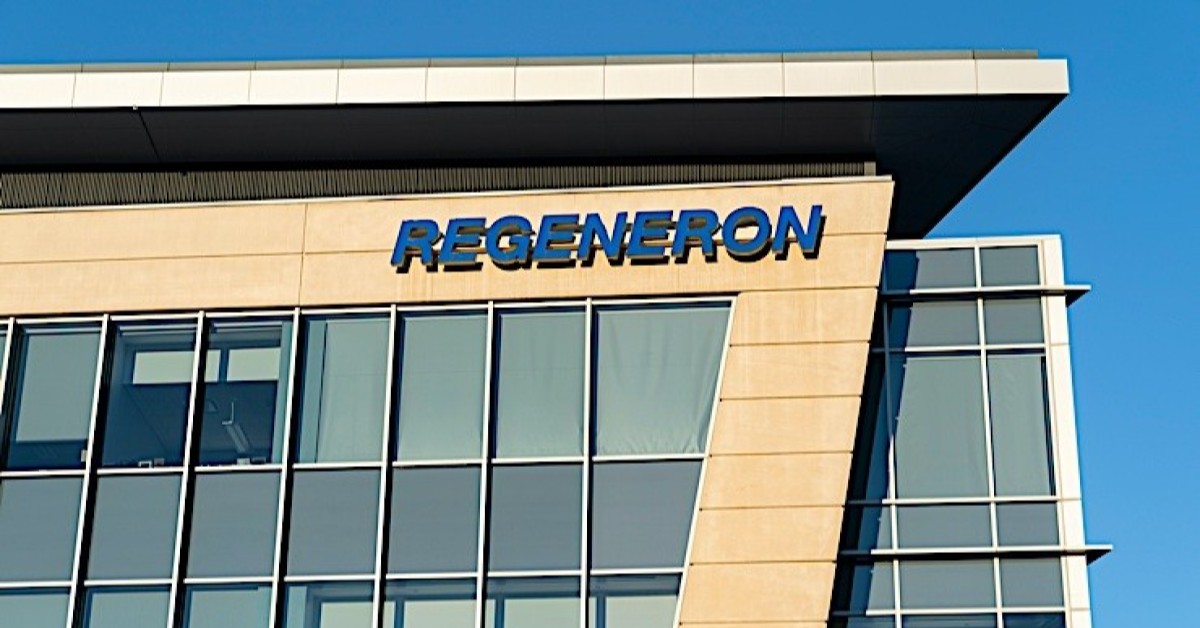
USA – Regeneron Pharmaceuticals is expanding its presence in the obesity treatment market through a licensing agreement with China-based Hansoh Pharmaceuticals, a deal that could exceed US $1.9 billion.
The agreement gives Regeneron rights outside China, Hong Kong, and Macau to Hansoh’s investigational drug HS-20094, a weekly subcutaneous injection that targets both GLP-1 and GIP receptors.
Currently in a Phase III obesity trial and a Phase IIb diabetes study in China, HS-20094 has shown early results comparable in safety and efficacy to Eli Lilly’s approved GLP-1/GIP agonist, Zepbound (tirzepatide).
Regeneron plans to integrate this candidate into its broader obesity research, focusing not just on weight loss but on the quality of that loss, especially the preservation of muscle.
“In-licensing this late-stage GLP-1/GIP agonist allows us to explore strategic combinations with our own therapies to address obesity and its related conditions more completely,” said Boaz Hirshberg, Regeneron’s Senior VP of Clinical Development for Internal Medicine.
He noted potential benefits in treating obesity-related diseases such as diabetes, cardiovascular disease, and liver issues.
Hansoh will receive an upfront payment and could earn up to US$ 1.93 billion in milestone payments, along with royalties on future sales in the low double digits.
This move aligns with Regeneron’s ongoing efforts in obesity research. The company is already advancing trevogrumab, a monoclonal antibody that targets myostatin to prevent muscle breakdown.
In the COURAGE Phase II study, Regeneron paired trevogrumab with garetosmab—an antibody against activin A—and reported promising results.
In patients using Wegovy (semaglutide), adding trevogrumab helped preserve about 50% of the lean mass typically lost. When combined with garetosmab, lean mass preservation rose to 81%.
Regeneron aims to bring a new dimension to obesity care—prioritizing fat loss while maintaining muscle strength.
XRP HEALTHCARE L.L.C | License Number: 2312867.01 | Dubai | © Copyright 2025 | All Rights Reserved